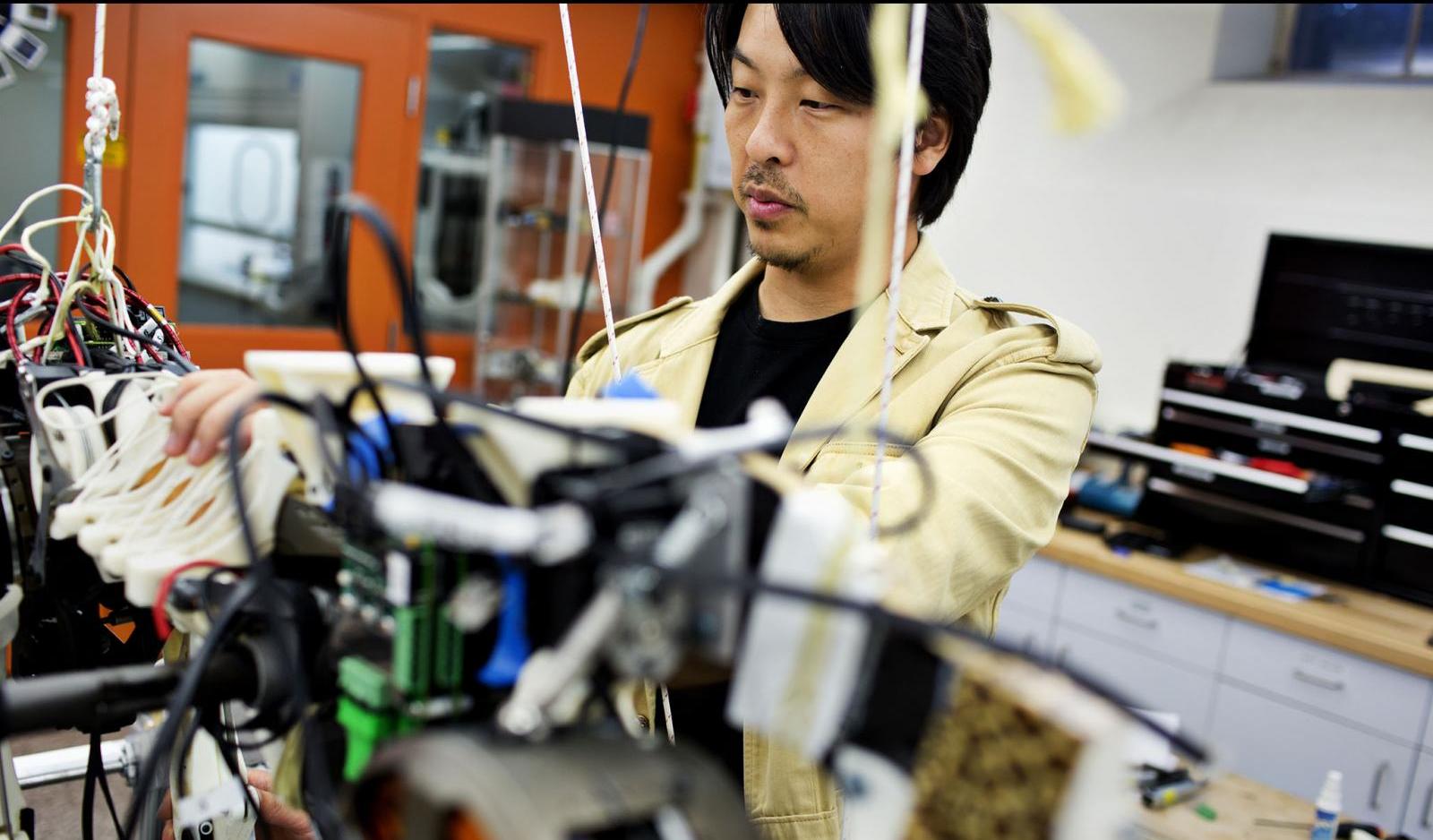
Prof. Sangbae Kim, is the director of the Biomimetic Robotics Laboratory and a Professor of Mechanical Engineering at MIT. His research focuses on the bio-inspired robot design by extracting principles from animals. Kim's achievements on bio-inspired robot development include the world's first directional adhesive inspired from gecko lizards, and a climbing robot, Stickybot, that utilizes the directional adhesives to climb smooth surfaces featured in TIME's best inventions in 2006.

Dr. Bryan R. Moser is Academic Director of System Design & Management (SDM) at MIT, and a Senior Lecturer in both Engineering and the Sloan School of Management. He is also Associate Professor, Specially Appointed at the University of Tokyo, where he directs the Global Teamwork Lab (GTL). Prior to returning to MIT in 2014, he worked for 25 years in industry; as a research engineer at the Basic Science Lab (A.I.) of Nissan Motor Company, as a Sr. Research Scientist at United Technologies Corporation, and as founder and President of Global Project Design, a firm pioneering software and methods for model-based project management. Moser focuses on engineering teamwork for complex systems problems and use of model-based methods to improve performance of diverse teams. Moser received a bachelor’s in computer science and Engineering in 1987 and a Master of Science in Technology and Policy from the Massachusetts Institute of Technology in 1989. His doctorate in 2012 is from the University of Tokyo, Graduate School of Frontier Sciences.

Lead Instructor
Participating Instructor
Jinhua Zhao is the Edward and Joyce Linde Associate Professor of City and Transportation Planning at the Massachusetts Institute of Technology (MIT). Prof. Zhao brings behavioral science and transportation technology together to shape travel behavior, design mobility system and reform urban policies.
El Certificado Profesional Industria 4.0 prepara a los profesionales con los conocimientos y habilidades más necesarios en la era digital, desde el conocimiento de tecnologías como el Internet de las Cosas (IoT) y la Inteligencia Artificial (IA) hasta los fundamentos del smart manufacturing y las plataformas de productos.
This certificate program provides you with the necessary skills in leading technologies such as the internet of things (IoT) and artificial intelligence while understanding the fundamentals of smart manufacturing and product platforms. The new Professional Certificate Program in Industry 4.0 is designed to prepare professionals to tackle challenges head-on and will provide them with the knowledge and tools to succeed in the digital age.


